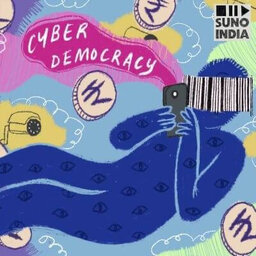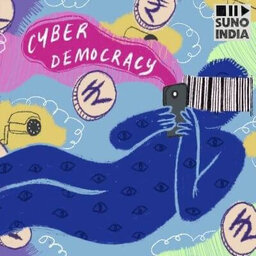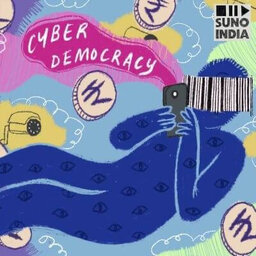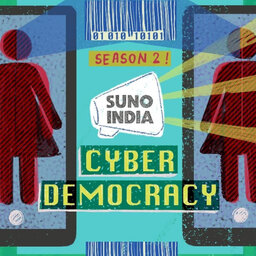Technology-mediated exclusion for social protection schemes for women
Cyber Democracy
The second season of Cyber Democracy podcast focuses on understanding how technology is a site for gendered politics in India. Through conversations w…31 clip(s)
Loading playlist
An important way to ensure that health pandemics do not turn into socio-economic crises is through social protection, which ensures that the livelihoods of the poor and marginalised remain protected. During COVID-19, the Indian government implemented various social protection schemes for the poor, relying upon technology-mediated methods such as direct benefit transfers (DBTs) and the JAM (Jan Dhan-Aadhaar-Mobile) Trinity. Despite this, according to a survey across 23 states, 23% of the respondents had to borrow money to manage their household, and 8% had to sell a valuable possession. Another survey among low-income households across 15 states showed that only 19% of people were satisfied with how much government entitlements helped them navigate the crisis.
In this episode, the host Radhika Radhakrishnan explores the challenges that women in rural India are facing under Digital India for accessing social protection schemes during COVID-19. She speaks with Drishti Agarwal and Manju Rajput, who are Programme Executives of Family Empowerment Programme, Aajeevika Bureau.
In 1 playlist(s)
Cyber Democracy
The second season of Cyber Democracy podcast focuses on understanding how technology is a site for g…Social links
Follow podcast
Recent clips

Pegasus and us- Nothing new for India’s Northeast?
1:06:15

Internet shutdowns in “digital” Northeast India
1:10:20

Coming home to barbs and brickbats
1:02:20
 Cyber Democracy
Cyber Democracy